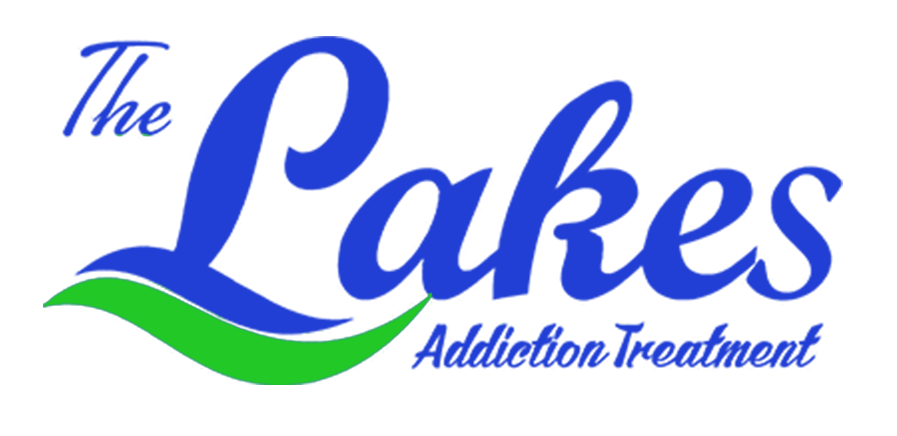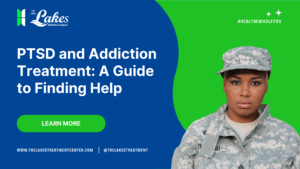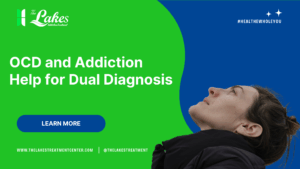Alcohol abuse, also known as alcohol use disorder (AUD), is a pattern of alcohol consumption that involves problems controlling drinking, being preoccupied with alcohol, or continuing to use alcohol despite negative consequences. It is a chronic and progressive disease that can be fatal if left untreated. Recognizing the warning signs for alcohol abuse early can make a significant difference in addressing the issue before it escalates.
Here’s everything you should know about the warning signs of alcohol abuse, including how to reclaim control and start a new chapter in your life.
Definition of Alcohol Abuse
Alcohol abuse is defined as any alcohol use that puts a person’s health or safety at risk or causes other alcohol-related problems. This can include behaviors such as binge drinking, drinking and driving, or continuing to drink despite physical or mental health problems. These actions not only endanger the individual but also those around them, highlighting the importance of understanding and addressing alcohol misuse.
Alcohol use disorder (AUD), on the other hand, is a medical condition diagnosed when a person’s alcohol use negatively impacts their life and causes harm. It can range from mild to severe, depending on the number and severity of symptoms present.
Recognizing these symptoms is crucial for early intervention and seeking appropriate alcohol treatment.
Recognizing Early Behavioral Changes in Alcohol Use Disorder
Here are some of the earliest signs of functional alcohol abuse:
Increased Alcohol Tolerance
One of the more insidious signs of emerging alcohol abuse is an increased tolerance to its effects. When someone needs progressively more alcohol to feel its effects, it’s not just a sign of a good time; it’s a red flag. This tolerance develops as the body adapts to the presence of alcohol, requiring higher quantities to achieve the same level of intoxication.
It’s a physiological change that can sneak up quietly, often rationalized as just being able to “hold liquor well.” However, this growing tolerance is a clear indicator that the body is becoming accustomed to alcohol, and it’s a critical early warning sign of alcohol dependence that should not be ignored.
Shifts in Daily Routines
Alcohol abuse often brings a tide of change to one’s daily life, disrupting routines and priorities. When alcohol interferes with one’s ability to fulfill obligations at work, home, or in social settings, it signals a potential problem that necessitates intervention.
A person might start neglecting responsibilities, whether it’s missing deadlines at work or forgetting to pick up the kids from school. Hobbies and activities that once brought joy might fall by the wayside, replaced by time spent drinking or recovering from its effects. Changes in drinking habits can also be an early indicator of alcohol abuse.
These shifts in behavior are not merely phases; they’re signposts pointing toward a deeper issue with alcohol. Recognizing these changes as potential indicators of alcohol abuse is crucial in addressing the problem early on.
Physical and Emotional Health Indicators
You should also keep an eye out for physical symptoms, including alcohol withdrawal symptoms when temporarily ‘taking a break.’ These indicators can be part of a broader substance use disorder, which includes difficulties in controlling drinking and requires professional assessment for proper diagnosis and treatment.
Unexplained Injuries or Accidents Due to Alcohol Withdrawal Symptoms
When bruises appear, or accidents happen more frequently without a clear explanation, it’s time to consider drinking alcohol as a potential culprit. Alcohol impairs coordination and judgment, increasing the risk of falls, car accidents, and other injuries. These incidents may be brushed off as clumsy mistakes, but they often reveal a pattern linked to excessive drinking.
The danger isn’t just in the immediate harm; it’s in the normalization of such events. Recognizing these unexplained injuries as signs of alcohol abuse can be the first step towards seeking help and preventing more severe consequences.
Mood Swings and Irritability
Consuming alcohol doesn’t just affect the body; it takes a toll on emotional health as well. Mood swings and irritability can become the new norm for those struggling with alcohol abuse. One moment they might be the life of the party, and the next, they’re lashing out in anger or collapsing into tears.
These emotional rollercoasters are exhausting for the individual and those around them. They’re not just bad days: they’re indicators of the deeper turmoil that alcohol abuse can cause. Understanding these emotional signs is essential in recognizing the full impact of alcohol on one’s well-being.
Long-Term Consequences of Alcohol Abuse
Long-term alcohol abuse can have serious consequences on a person’s health, relationships, and daily life. The negative impact of excessive alcohol consumption extends far beyond the individual, affecting families, communities, and society as a whole.
Excessive alcohol consumption can lead to a range of health problems, including:
- Liver disease
- Heart problems
- Various types of cancer
- Pancreatitis
- Sleep disorders
- Nutritional deficiencies
Additionally, alcohol abuse increases the risk of accidents, injuries, and violence. It can also contribute to mental health issues such as depression and anxiety, further complicating the individual’s overall well-being.
Social and Relationship Impacts
Alcohol abuse can have negative consequences on familial, social, and romantic relationships. Here’s how to spot the warning signs:
Withdrawal from Social Activities
It’s not uncommon for individuals grappling with alcohol abuse to start pulling away from social engagements. The retreat might be gradual—a declined invitation here, a missed gathering there—until the person is noticeably absent from the social scene. These activities once provided connection and enjoyment but may now conflict with the drinking routine or expose the individual’s altered behavior.
This withdrawal is a significant sign of alcohol abuse, as it reflects the person’s shifting priorities and the increasing centrality of alcohol in their life. Recognizing such withdrawal as one of the warning signs of alcoholism is crucial for early intervention and seeking help.
Strained Relationships with Family and Friends
Alcohol abuse can quietly erode the foundations of even the strongest relationships. When alcohol interferes with one’s ability to fulfill obligations at work, home, or in social settings, friends and family are often the first to feel the strain, as they witness the changes in behavior and bear the brunt of the emotional fallout. Conflicts become more frequent, trust erodes, and the once-solid bonds begin to fray.
These strained relationships are not just the typical ebb and flow of interpersonal dynamics; they’re symptomatic of the disruptive force of alcohol abuse. Recognizing these tensions as potential signs of a deeper issue is critical for both the individual and their loved ones.
Contact Our Professionals at The Lakes Treatment Center
At The Lakes Treatment Center, we understand the complexities of alcohol abuse and the courage it takes to confront it. If you or a loved one is showing signs of alcohol abuse, we’re here to offer compassionate care and comprehensive treatment options.
Don’t let denial or uncertainty hold you back. Contact us today at (209) 309-3573 to learn more about the options available to you.




